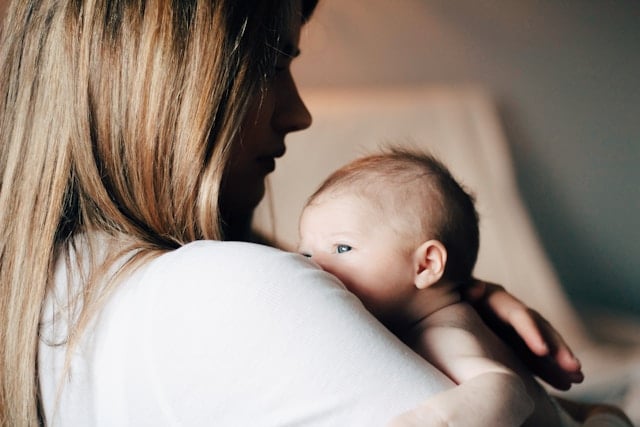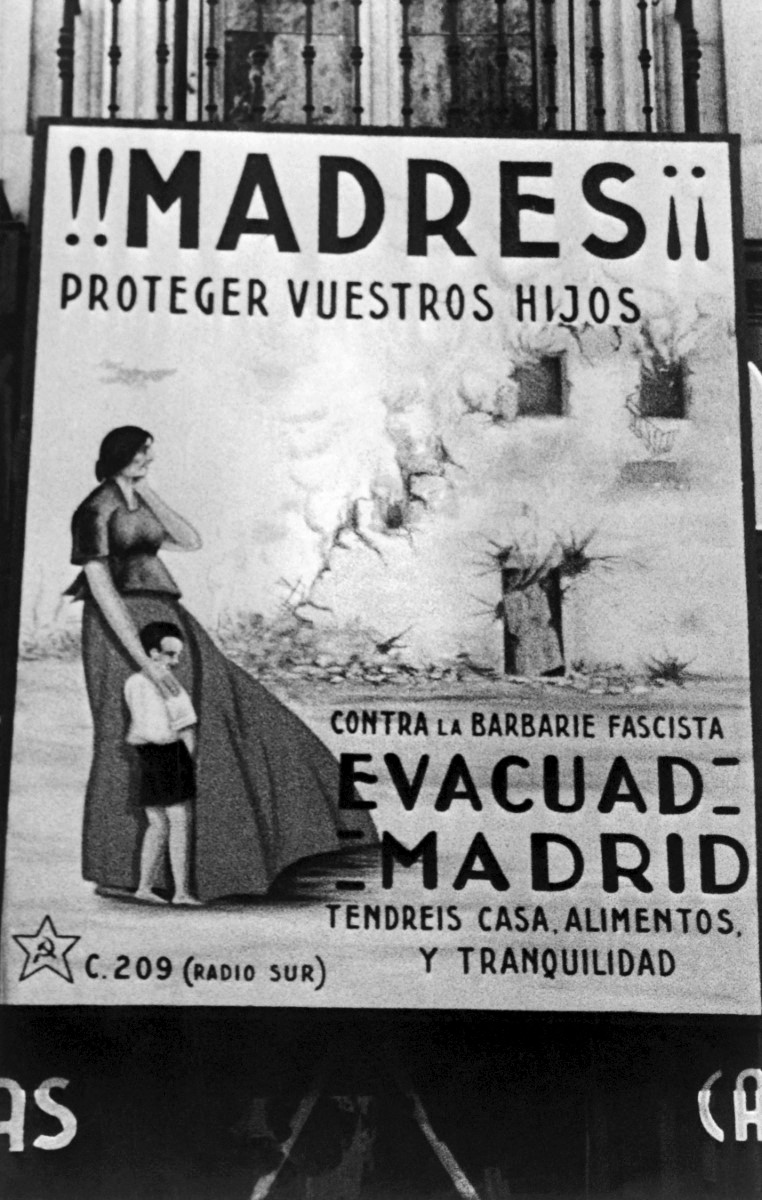Last year, Spain registered 322,075 births, reflecting “a 2.0 percent fall on the previous year”, an INE statement said, with a spokesman confirming it was the lowest figure since records began in 1941.
Spain’s fertility rate is the second lowest in the European Union, with the latest figures from Eurostat showing there were 1.19 births per woman in 2021, compared with 1.13 in Malta and 1.25 in Italy.
READ ALSO: Older and more diverse: What Spain’s population will be like in 50 years
The rate is well below the threshold of 2.1 that experts say is needed to maintain population levels.
Since 2013, the number of births in Spain has fallen by 24.1 percent, the INE said, while there has been an increased trend in delayed childbearing.
“The number of births by mothers aged 40 and up… has grown by 19.3 percent in the last 10 years,” it said.
In 2023, the number of deaths was higher than that of births for the seventh year running, in a so-called birth deficit, with deaths exceeding the number of births by 113,256, the figures showed.
READ ALSO: Growing number of foreigners drives Spain’s population rise
Despite that, Spain’s population grew by 1.26 percent in 2022, passing 48 million, among them more than six million foreigners, statistics showed late last year.




 Please whitelist us to continue reading.
Please whitelist us to continue reading.
Member comments